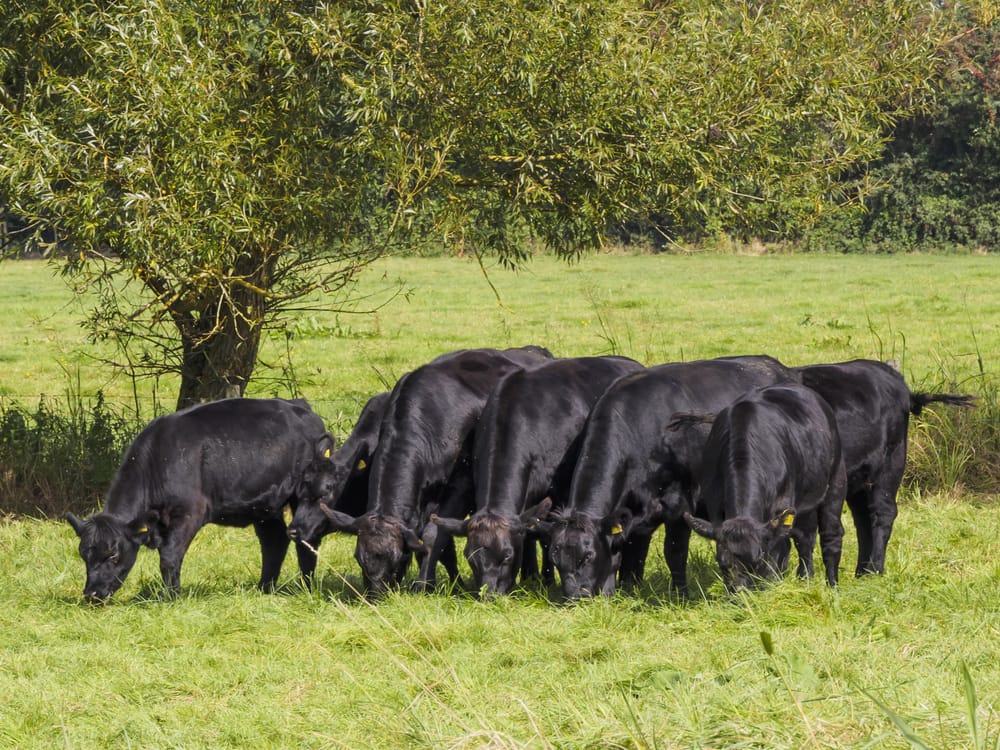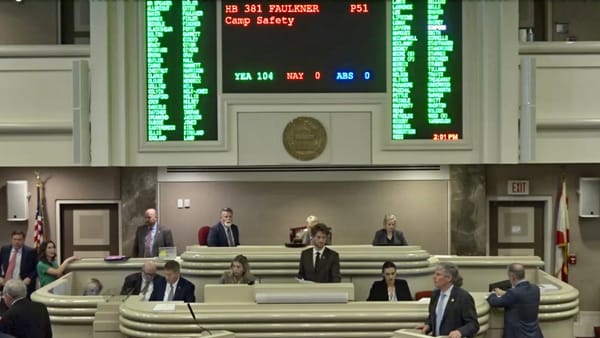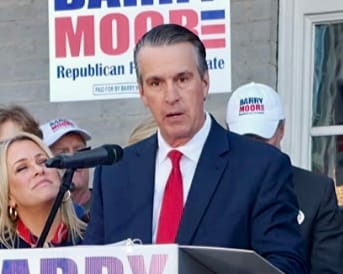Farmers Rally Behind MAHA Report Amid Calls for MCOOL Regulatory Reform and Transparency
Mandatory Country of Origin Labeling could significantly affect Alabama’s $2.5 billion beef industry

The Trump administration's "Make America Healthy Again" (MAHA) initiative has sparked a renewed dialogue between federal policymakers and the agricultural community. Central to this conversation is the MAHA Report, which emphasizes the importance of partnering with American farmers and ranchers to achieve national health objectives.
Health and Human Services Secretary Robert F. Kennedy Jr. underscored this partnership during a recent press conference, stating, "We cannot succeed in this movement without the partnership of the American farmer." The report advocates for a decentralized approach, cautioning against the risks of corporate influence when control becomes too centralized.
Despite the agricultural industry's diverse perspectives, there is a growing consensus on key issues: the need for regulatory reform, mission realignment, and enhanced consumer choice.
Judith McGeary, Executive Director of the Farm and Ranch Freedom Alliance (FARFA), emphasized the necessity of overhauling current regulations. "We need an overhaul of government programs—not simply eliminating regulations, but a careful re-crafting of them—to develop scale-appropriate regulation that fosters fair and open competition in the marketplace for consumers to have real choices and access to healthy food," she stated.
Bill Bullard, CEO of R-CALF USA, echoed these sentiments, highlighting issues within the beef supply chain. "We appreciate that this report identifies key problems within our beef supply chain that our government has refused to address, until now," Bullard said. He called for reinstating Mandatory Country of Origin Labeling (MCOOL) and enforcing antitrust laws to curb market consolidation.
MCOOL was initially implemented to provide transparency about the origins of meat products. However, in 2015, Congress repealed MCOOL following challenges from Canada and Mexico, who argued the labeling requirements discriminated against their livestock exports. The World Trade Organization upheld these complaints, leading to the repeal to avoid retaliatory tariffs.
Currently, beef from animals raised and slaughtered abroad can be labeled as "Product of USA" if processed domestically, a practice critics argue misleads consumers and disadvantages U.S. cattle producers. Advocates for reinstating MCOOL argue that clear labeling empowers consumers and bolsters American farmers.
Restoring MCOOL could have a profound impact on Alabama's cattlemen. By providing transparency in labeling, consumers would be better informed about the origins of their beef, potentially increasing demand for locally raised products. This could lead to higher prices for Alabama cattle and strengthen the State's agricultural economy.
Alabama's beef industry plays a significant role in the state's economy. With over 1.2 million cattle and more than 17,000 beef farms, the industry contributes approximately $2.5 billion to Alabama's economy. The State ranks 17th nationally in beef cow numbers, and the industry supports numerous jobs and ancillary businesses.
The Alabama Cattlemen's Association (ACA) has expressed support for country of origin labeling that is voluntary and industry-driven. While the ACA's official stance emphasizes voluntary labeling, the broader push for MCOOL reflects a desire among many producers and consumers for greater transparency and fair competition in the marketplace.
As the MAHA initiative progresses, the collaboration between federal agencies and the agricultural community will be critical in shaping policies that support both national health objectives and America’s farms and farm-related industries.




